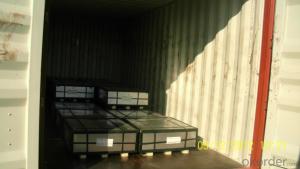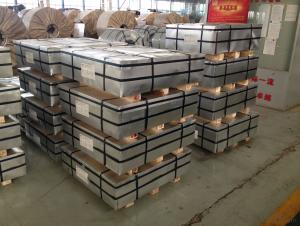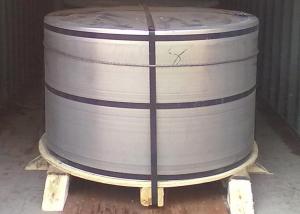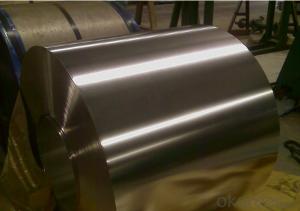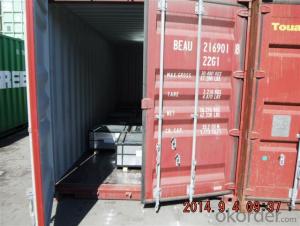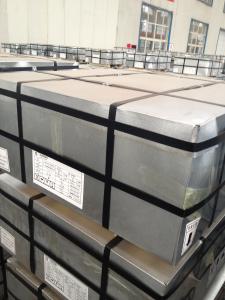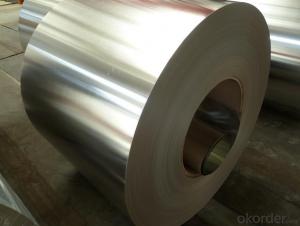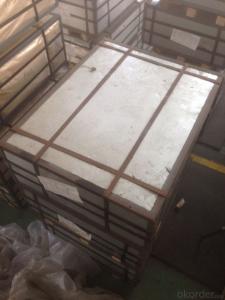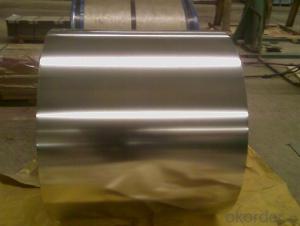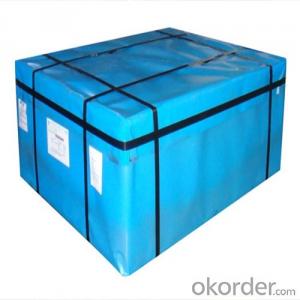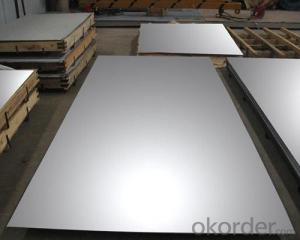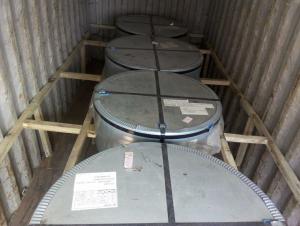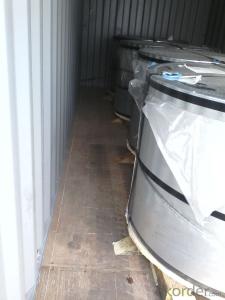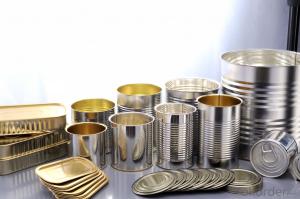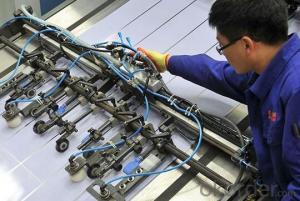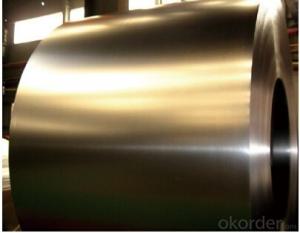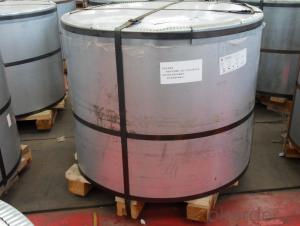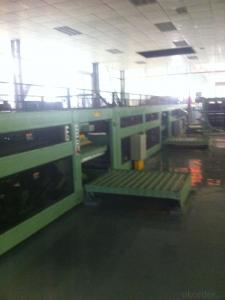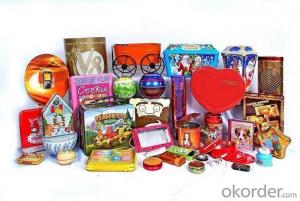All Categories
- - Steel Wire Rod
- - Steel Coils
- - Steel Profiles
- - Steel Pipes
- - Stainless Steel
- - Tinplate
- - Special Steel
- - Steel Sheets
- - Steel Rebars
- - Steel Strips
- - Hot Rolled Steel
- - Cold Rolled Steel
- - Pre-painted Steel
- - Seamless Steel Pipe
- - Welded Steel Pipe
- - Hollow Steel Tubes
- - Galvanized Pipe
- - Stainless Steel Coil
- - Stainless Steel Sheet
- - Stainless Steel Plate
- - Stainless Steel Strips
- - Electrolytic Tinplate Coil
- - Electrolytic Tinplate Sheet
- - Stainless Steel Rebars
- - Solar Panels
- - Solar Water Heater
- - Solar Related Products
- - Solar Inverter
- - Solar Cells
- - Solar Light
- - Solar Energy Systems
- - Solar Controllers
- - Solar Mounting System
- - Solar Pump
- - Solar Chargers
- - Fiberglass Chopped Strand
- - Fiberglass Mesh Cloth
- - Composite Pipes
- - FRP Pultrusion Profiles
- - Fiberglass Mat Tissue
- - Fiberglass Fabrics
- - Fiberglass Mesh
- - Composite Tank
- - Fiberglass Mesh tape
- - Polymer
- - FRP Roofing Panel
- - Fiberglass Roving
- - Monolithic Refractories
- - Ceramic Fiber Products
- - Refractory Bricks
- - Raw Materials For Refractory
- - Suspended Platform
- - Cranes
- - Concrete Machinery
- - Earthmoving Machinery
- - Building Hoist
- - Road Building Machinery
- - Plastic Pipe Fittings
- - Plastic Tubes
- - Plastic Sheets
- - Agricultural Plastic Products
- - Plastic Nets
 All Categories
All Categories
Q & A
How is tinplate used in the production of coinage?
Tinplate is not used in the production of coinage. Coins are typically made from metals such as copper, nickel, or zinc alloys, which provide the necessary durability and properties required for currency.
How does the appearance and design of tinplate packaging influence consumer purchasing decisions and preferences?
The appearance and design of tinplate packaging have a significant impact on consumer purchasing decisions and preferences. Consumers are visually drawn to aesthetically pleasing packaging that stands out on store shelves. The design elements, such as colors, graphics, and typography, can evoke specific emotions and create a sense of desire, ultimately influencing purchasing decisions. Additionally, tinplate packaging's durability and perceived quality can enhance the perceived value of the product, further influencing consumer preferences.
What are the considerations for using tinplate in the packaging of delicate and fragile items?
There are several key considerations for using tinplate in the packaging of delicate and fragile items. Firstly, tinplate provides excellent protection against physical damage, as it is strong and durable. Its rigidity helps to prevent crushing or bending of the packaging during transportation or handling. Secondly, tinplate offers a high level of resistance to moisture, ensuring that the delicate items inside remain dry and unaffected. Additionally, tinplate has a smooth surface, which reduces the risk of abrasion or scratching, making it ideal for protecting delicate surfaces. Furthermore, tinplate is known for its corrosion resistance, ensuring that the packaging remains intact even in humid or corrosive environments. Lastly, tinplate is also an environmentally friendly option as it is easily recyclable, contributing to sustainable packaging practices.
Are there any limitations to the recyclability of tinplate?
Yes, there are limitations to the recyclability of tinplate. One limitation is the presence of other materials such as paper, plastic, or paint on the tinplate, which can reduce the purity of the recycled metal. Additionally, tinplate that has been severely damaged or corroded may not be suitable for recycling. Lastly, the recycling process itself can require significant energy and resources, making it less cost-effective for certain tinplate products.
Wholesale Tinplate from supplier in Ghana
Whether you need Tinplate for packaging, construction, or any other application, we have you covered. Our range of Tinplate products includes tinplate coils, sheets, and tin-free steel, available in various thicknesses and sizes to meet your specific requirements.
At our company, we understand the importance of quality and timely delivery. We work closely with our suppliers to ensure that the Tinplate products we offer are of the highest quality standards. Our experienced team is also committed to providing efficient and reliable services, ensuring that your orders are processed smoothly and delivered on time.
In addition to our sales and procurement services, we also provide technical support to help you make informed decisions regarding the use of Tinplate in your projects. Whether you need assistance with product selection, specifications, or any other technical aspect, our team is here to help.
Furthermore, our affiliation with CNBM grants us access to a vast network of resources, allowing us to source Tinplate products at competitive prices. This enables us to offer cost-effective solutions to our customers in Ghana, helping them achieve their project goals within budget.
We pride ourselves on building long-term partnerships with our clients and being a trusted Tinplate supplier in Ghana. Our commitment to customer satisfaction, combined with our extensive product range and technical expertise, makes us the ideal choice for all your Tinplate needs.
Contact us today to discuss your requirements and let us provide you with the best Tinplate solutions for your projects in Ghana.
At our company, we understand the importance of quality and timely delivery. We work closely with our suppliers to ensure that the Tinplate products we offer are of the highest quality standards. Our experienced team is also committed to providing efficient and reliable services, ensuring that your orders are processed smoothly and delivered on time.
In addition to our sales and procurement services, we also provide technical support to help you make informed decisions regarding the use of Tinplate in your projects. Whether you need assistance with product selection, specifications, or any other technical aspect, our team is here to help.
Furthermore, our affiliation with CNBM grants us access to a vast network of resources, allowing us to source Tinplate products at competitive prices. This enables us to offer cost-effective solutions to our customers in Ghana, helping them achieve their project goals within budget.
We pride ourselves on building long-term partnerships with our clients and being a trusted Tinplate supplier in Ghana. Our commitment to customer satisfaction, combined with our extensive product range and technical expertise, makes us the ideal choice for all your Tinplate needs.
Contact us today to discuss your requirements and let us provide you with the best Tinplate solutions for your projects in Ghana.
